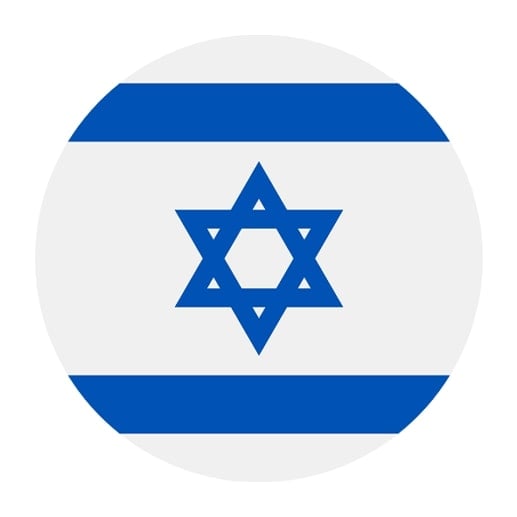Hebrew Grammar Exercises
Ready to dive into Hebrew grammar? These simple exercises will help you get comfortable with the basics and build your confidence as you learn this beautiful language.
Get started
The most efficient way to learn a language
Try Talkpal for freeHebrew Grammar Topics
Hebrew is a fascinating and ancient language that holds great historical and cultural significance. As one of the oldest languages in the world, it has evolved and adapted over time, making it both a challenging and rewarding language to learn. Whether you are learning Hebrew for religious reasons, to connect with your heritage, or simply for personal growth, understanding the grammar is essential for effective communication. In this guide, we will explore the key Hebrew grammar topics you need to master in a logical sequence, providing a solid foundation for your language learning journey.
1. Nouns:
As the building blocks of any language, understanding Hebrew nouns is crucial. Nouns in Hebrew have gender (masculine or feminine) and number (singular, plural, and sometimes dual). Learning the patterns for gender and number agreement will help you form basic sentences and understand the language structure.
2. Articles:
Hebrew has a definite article, “ה” (ha), which is attached to the beginning of a noun to indicate that it is specific or known. There is no indefinite article in Hebrew, so learning when and how to use the definite article is essential for proper communication.
3. Adjectives:
Hebrew adjectives, like nouns, have gender and number agreement. They follow the noun they modify and must agree in gender and number. Understanding the patterns and rules for adjective agreement will help you accurately describe objects and ideas in Hebrew.
4. Pronouns/Determiners:
Pronouns replace nouns in sentences, while determiners specify or quantify them. Both play a crucial role in making your Hebrew more fluent and natural. Mastering the various pronouns (subject, object, possessive) and determiners (demonstrative, interrogative, indefinite) will help you create more complex sentences and convey your ideas more effectively.
5. Verbs:
Hebrew verbs are at the core of the language’s grammar. They are based on a root system consisting of three or four consonants and are conjugated according to tense, person, gender, and number. Familiarizing yourself with the various verb forms and tenses will allow you to express actions and states effectively.
6. Tenses:
Hebrew has three main tenses: past, present, and future. Each tense has specific conjugation rules that depend on the verb’s root and the subject’s gender and number. Understanding these rules will enable you to convey the timing of actions accurately.
7. Tense Comparison:
It is essential to know when and how to use each Hebrew tense to communicate effectively. Comparing and contrasting the various tenses will help you grasp the nuances of the language and allow you to express yourself more precisely.
8. Progressive and Perfect Progressive:
These verb forms are used to indicate ongoing or completed actions. The progressive form is used for actions that are still in progress, while the perfect progressive emphasizes the completion of an action. Understanding these forms will enhance your ability to express complex ideas and actions.
9. Adverbs:
Adverbs modify verbs, adjectives, or other adverbs, providing additional information about the action or quality being described. Learning the various types of Hebrew adverbs and how to use them correctly will add variety and depth to your language skills.
10. Prepositions:
Prepositions connect nouns, pronouns, or other words to show relationships in time, location, or other contexts. Mastering Hebrew prepositions will help you create more complex sentences and express relationships between ideas more clearly.
11. Conditionals:
Hebrew conditionals are used to express hypothetical situations and their consequences. Learning the various conditional structures (if/then statements) will enable you to communicate effectively in hypothetical or uncertain situations.
12. Sentences:
Finally, putting all the grammar components together to form complete, coherent sentences is the ultimate goal of learning Hebrew. Practice combining nouns, verbs, adjectives, and other elements to create sentences that accurately convey your thoughts and ideas in the Hebrew language.








